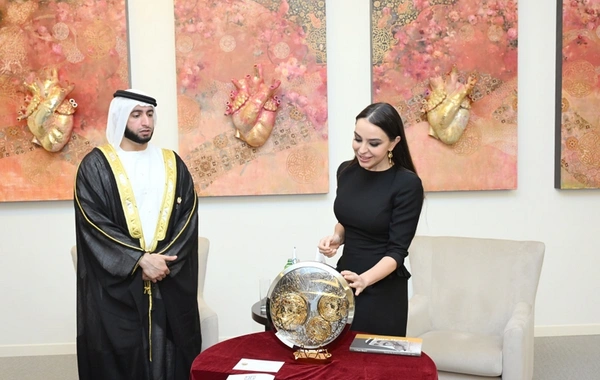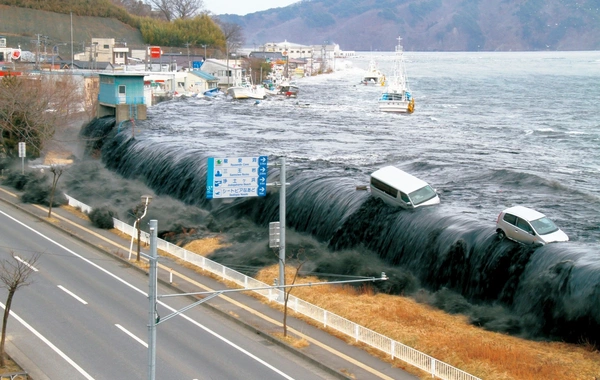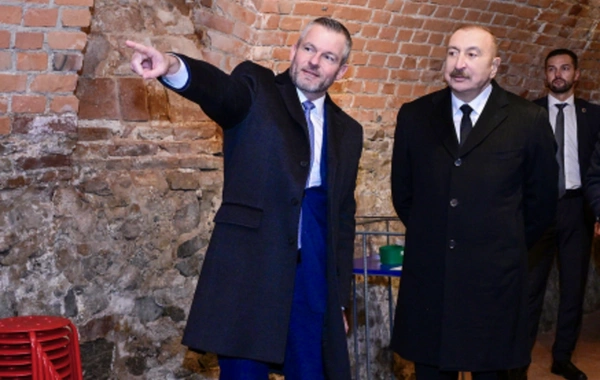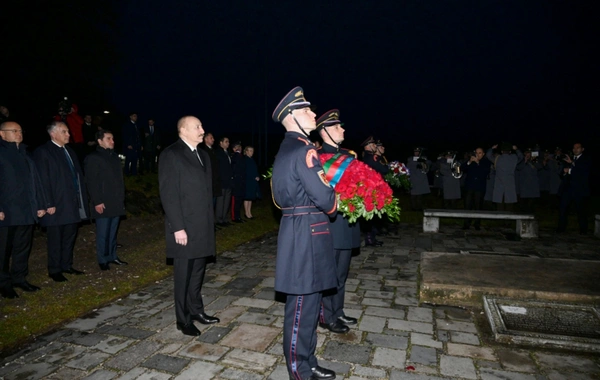Circassian tragedy: without the right to forget
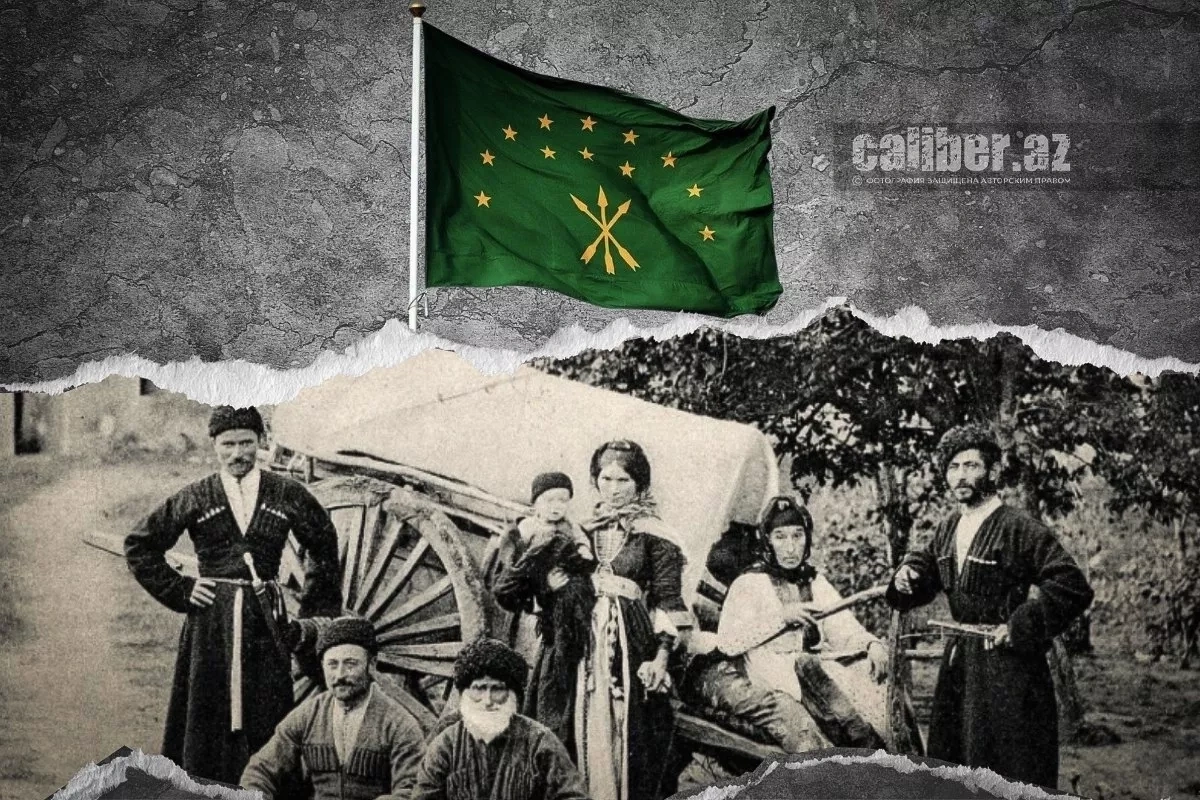
The history of the Russian conquest of the Caucasus is a chronicle of bloody expansion. Under the guise of "bringing civilization" and "establishing order," the empire relentlessly advanced southward, encountering fierce resistance from peoples whose independence, land, and cultural identity became victims of imperial ambitions. The Caucasus - a region where dozens of ethnicities, languages, and religions had coexisted for centuries - turned into an arena of unceasing wars, deportations, punitive expeditions, and ethnic cleansing. For the Russian Empire, it was a struggle for control over a strategic crossroads between Europe and Asia. For the peoples of the Caucasus, it was a fight for survival.
This is discussed in the new episode of the YouTube channel Caliber.
"One of the symbols of this resistance was Imam Shamil, who, together with the peoples of the North Caucasus, waged a persistent war against Russian expansion for decades. Thus, battles such as the defense of Gimry (October 17-18, 1832), the Battle of Akhulgo (in June and August 1839), the Battle of Dargo (in May and July 1845), as well as numerous skirmishes in Chechnya and Dagestan in the 1850s, have gone down in history. This was resistance not only to weapons but also to the violence, repression, and humiliation brought by tsarist officials and military leaders.
The so-called Caucasian War - the Russian Empire's military campaign to subjugate the North Caucasus - lasted almost half a century, from 1817 to 1864, becoming the longest war in Russian history. It ended with mass killings, forced expulsion, and the virtual extermination of entire Caucasian peoples. A particularly tragic chapter was the genocide of the Circassians, which in its scale and cruelty ranks among the bloodiest crimes against humanity in the 19th century, and which Caliber.Az has already covered in one of its recent publications.
The classic of Russian literature Alexander Pushkin acknowledged the murders, destruction, and displacement of Circassians by Russia in his essay "Journey to Arzrum," written in 1829-1835: "The Circassians hate us. We have driven them from their abundant pastures, their villages are destroyed, entire tribes annihilated," the video material states.
More details in the story:
Similar News
Cooperation between the Heydar Aliyev Foundation and the Hamdan bin Rashid Al Maktoum Foundation discussed
On December 8, a meeting took place between the Vice-President of the Heydar Aliyev Foundation Leyla Aliyeva and the Supreme Chairman of the Hamdan bin Rashid A...




 Azərbaycanca
Azərbaycanca  По-русски
По-русски  English
English 

